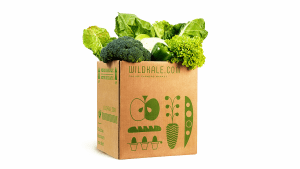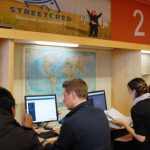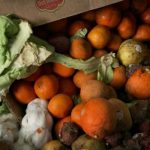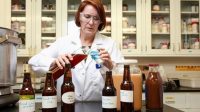If You Can’t Make It To The Farmers Market, WildKale Wants To Bring It To You
A couple years ago, Ana Jakimovska, who co-owns and runs a café in Tribeca, grew frustrated by the limited reach of farmers markets. Like many parents, she valued fresh locally sourced meats, produce, and dairy products and wanted to feed more to her children, but had limited time to crisscross the city and search through stalls.
At the same time, she realized that the farmers running those stalls probably faced their own set of challenges beyond attracting customers–things like transportation and set up costs, plus losses from what might go unsold. Then one day while she was shipping a package via UPS a strange sort of inspiration struck.
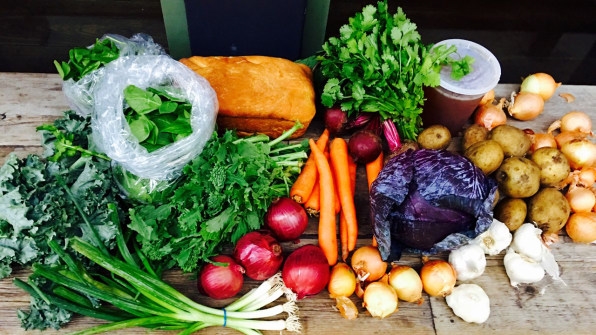
Why not use the service itself to solve both sets of problems? “Maybe we can use UPS to ship from each farm to residents around that farm,” she says she thought at the time.
In early September, Jakimovska officially launched WildKale, to make the simple idea actually workable. It’s an online farmers market: Farmers display their wares and what quantities are available online, and customers can search by zip code to find ones within the right range to ensure overnight delivery to their home.
“It’s a direct connection to each farmer with no middle man,” she says. “That means the food is going to be better, it’s going to be fresher, and we wanted to give that opportunity to everyone–all the families who want to eat better and farmers to increase their business.”
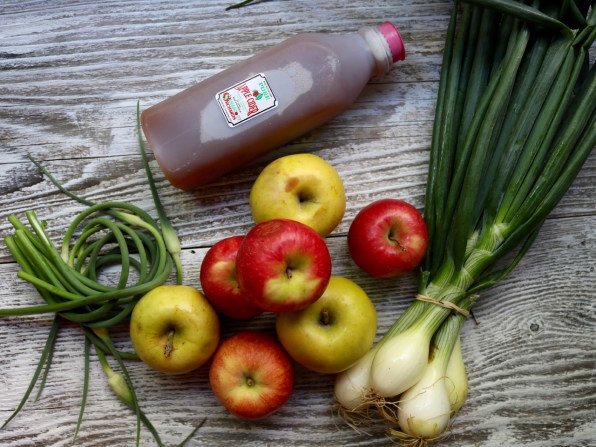
That model is obviously different than physical stores that stock staples of varying shelf life, and other online operations like Fresh Direct or Good Eggs, which may contract with local farmers and ship fast, but not before pulling the commodities into a centralized hub to prep, repackage, or better control the pace of distribution with their own transportation fleet.
WildKale does that without those overhead costs by providing farmers with specialized mailing containers and outsourcing the troubling logistics completely through UPS’s on-call delivery service, which guarantees next-day shipments within a 300-mile radius in most cases.
Jakimovska, who came to café ownership after a stint at Lehman Brothers, sees serious financial opportunity in using that existing network instead of building her own. The company currently has offerings from roughly 20 small to mid-size farms scattered around New York, New Jersey, Connecticut, and Pennsylvania, whose coverage area blankets much of the Northeast. To make that on-demand transit economical, the minimum order for customers is $30 worth of merchandise per delivery, plus a $5.99 shipping fee.
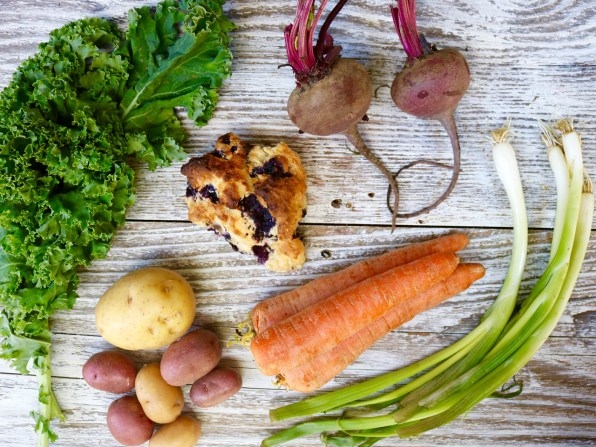
The pricing is similar to what such groceries might sell for at traditional farmers markets. Apples from some vendors range from $1.80 to $3.50 per pound depending on varietal with pears at about $2.50 per pound and blueberries around $4 per pint.
The concept works a lot like GrubHub or Seamless; farmers and customers can sign up for the service for free, with the company charging farmers a commission of about 25% per transaction, covering all box and transportation costs, credit card processing fees and, of course, operating and maintenance costs for the platform that makes business run smoothly. The back-end tech enables farmers to display what they have available each day, and batches orders in a way that allows them to be filled all at once while automatically generating shipping labels and notifying UPS that there’s a pickup waiting.
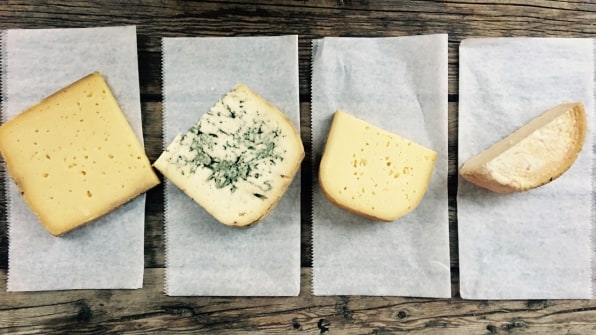
That service fee structure approximates what farmers generally lose anyway after all the travel, staffing, and spoilage that goes into bringing goods to a physical market. The real sell is that the app gives them access to far more potential customers–not just walk-ins, but everyone within the large delivery radius, which for many farms includes at least one large metro area like New York, Boston, or Washington D.C., plus people in surrounding suburbs. Jakimovska estimates that the potential customer base could for from hundreds on any one day to theoretically millions.
To ensure it all arrives fresh, WildKale collaborated with TemperPack, a sustainable thermal packaging company that develops recyclable meal kit boxes among other things. The company supplies its own packaging to farmers, who load product themselves and can re-order it as needed. After WildKale covers its own costs, the company projects to earn between 5% and 7% of each transaction.
So far, the company isn’t disclosing information on average order size or how much product it’s moving. There are currently 10 partner farms in New York, five in New Jersey, three in Pennsylvania, and one in Connecticut. Given UPS’s delivery zone, all of them will reach New Yorkers.
Jakimovska hopes to continue adding farms with deep concentric coverage that provides that depth and more to customers throughout the Northeast, then scale around the country. By her estimation there are 800,000 small to medium family farms within the U.S. By 2020 the online grocery market is expected to hit $18 billion in annual sales.
“We have a little bit of something for everyone,” she says. For small farmers taking advantage of the new service that includes a new way to make ends meet.
Fast Company , Read Full Story
(48)

